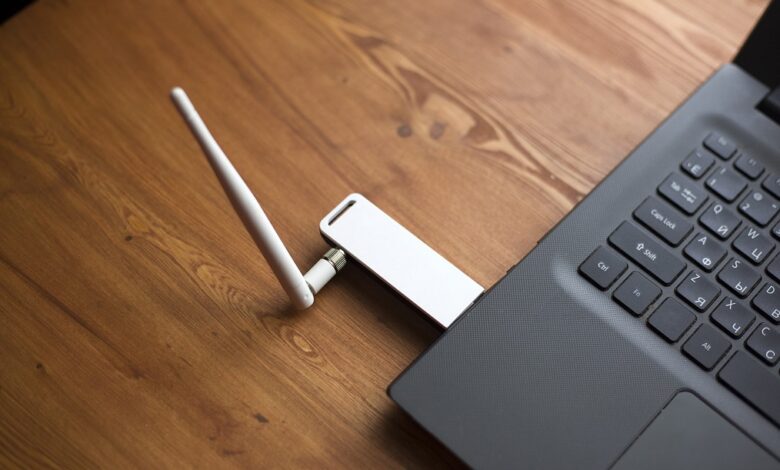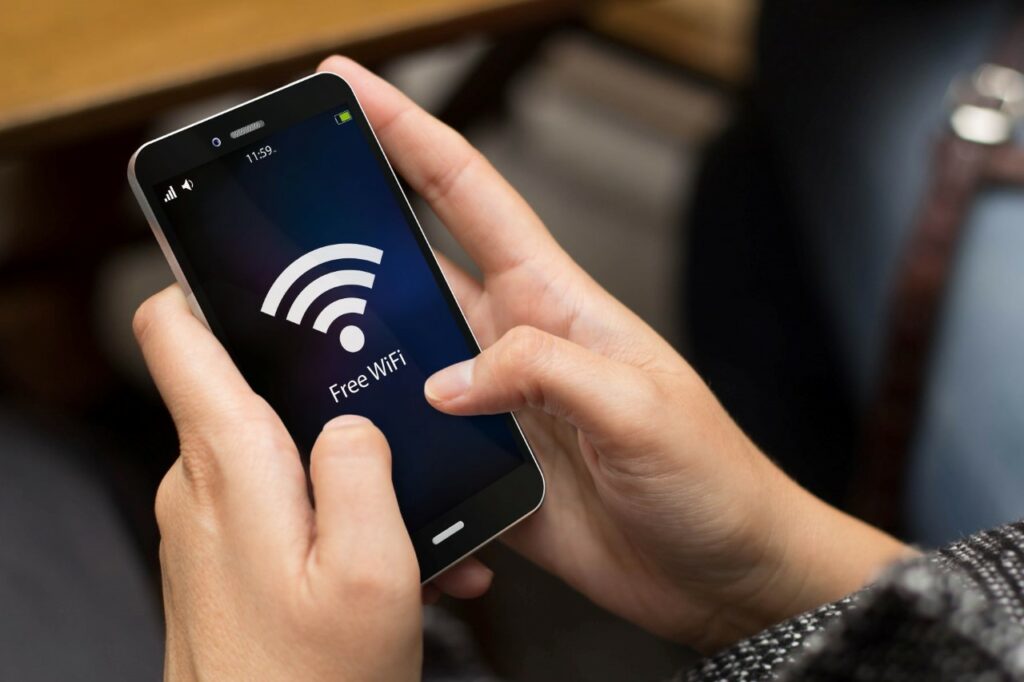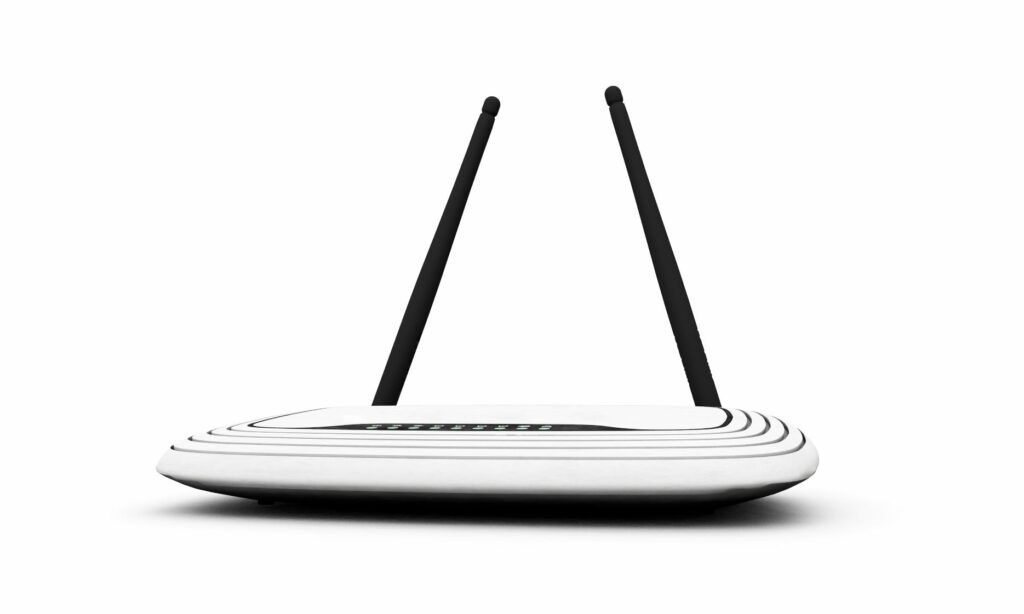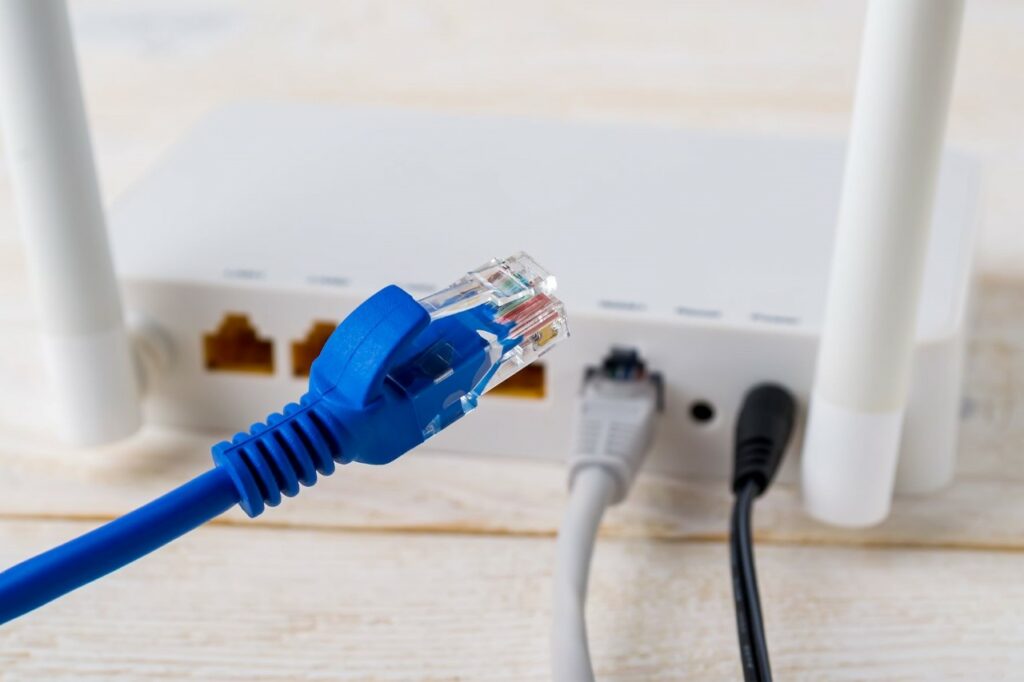Top 7 Hacks For Better Internet Signal While Traveling

Travelling might be your hobby, but like any other activity, it also comes with its fair share of challenges. If you’re one of those people who like live updates on social media platforms or other online-related tasks while on the road, then the Internet is one tool you can’t do without. However, as you’d expect, you can’t always enjoy a strong signal when moving from place to place. In fact, in some areas, you might not get any network connection at all.
But that shouldn’t stop you from travelling places and enjoy new life experiences. There are several hacks that you can try to make your Internet signal better and more reliable.
This article aims to discuss all these tips and how you can apply them every day. Read on to learn more!
1. External wireless card
One tool you must have as a regular traveller is an external wireless card compatible with your laptop. If you’ve been around the tech world long enough, you might be familiar with this device. All you have to do is plug in into a spare USB port or ethernet port depending on the model. Once it’s connected, this device overrides the computer’s built-in Wi-Fi card and enables it to connect to wireless networks a lot faster.
You’ve probably been at a hotel where you’re promised free and fast Wi-Fi only to find yourself several meters from the wireless access point. Of course, your laptop’s inbuilt adapter may be able to connect to the Internet but you’re likely to experience slow speeds. With external wireless cards, especially those fitted with an omnidirectional Wi-Fi antenna, you have a stronger signal and the overall Internet speeds will improve significantly.
So, what makes external wireless cards better than those adapters that come pre-installed in your laptop? Well, for one, they have powerful transmitters and antenna, which are way better than inbuilt adapters. It’s worth noting that these are the two main features you should consider when purchasing a new external Wi-Fi adapter. A powerful antenna means the adapter will be able to receive and make use of those weak signals that your computer’s in-built card always struggles with. Of course, the price tag will also matter since these devices come in different models. (1)
2. Combine multiple Internet sources
This is another hack that’s becoming more popular among travellers today. Whether you use your cellular network or free Wi-Fi connection, you’re always going to experience flactuating speeds because of the distance from the wireless access point or poor network coverage within the area. This can be quite frustrating, especially if you’re hosting a livestream show on your social media channel.
So, how does this hack help your course? Today there are a number of applications designed to combine several sources and allow you to use them at the same time. These programs combine all networks that you can access from wired, wireless, to cellular. With a combined bandwidth, you are guaranteed of a strong and faster Internet connection wherever you go.
3. Opt for wired connection
One reason for weak Internet signals could be the mode of connection. Are you using wired or wireless method? The latter generally offers slower speeds than its wired counterpart. Many factors play a role in this occurrence but the main one, especially in a crowded place, is huge traffic. Your wireless Internet connection is likely to frustrate you because of inteference from other signals within the area. Physical walls and long distances from the access point could weaken the strength even further.
To solve this issue and access the online world without any glitch, you need to find a socket and plug in your cable. This way, you’ll be able to enjoy high speeds even when you’re far from the main access point. It’s worth noting, though, that not all hotels or restaurants have this option. As such, you might want to try other hacks discussed in this article and still stream videos to your followers online.
4. Find a perfect spot in the room
As mentioned earlier, some hotels may not have the option of a wired Internet connection. If you find yourself in such a room, the best thing to do will be to find a good spot within the area. The strength of Wi-Fi varies with the distance from its source among other factors. As such, you room will have varied connection strengths depending on where you’re positioned.
All you’ll need to do in such a situation to get a stable signal is to move around the space while testing your device. Remember, this is not only applicable to Wi-Fi sources but also your cellular Internet. You can move your phone from point-to-point until you get a strong connection.
5. Turn off background apps
Sometimes the issue might not be the Internet source but your laptop. If your device hasn’t been connected for a long time, many apps could automatically jump in to check for updates. The laptop’s operating system may also take the chance to update its software and that could make it nearly impossible for you to enjoy decent speeds.
So, as you connect to a wireless or wired Internet, it’s recommended that you check for any background apps through your task manager. You can either pause the updates or let the important ones complete before you start browsing. This way, you’ll speed up your laptop as well as strengthen the signal.
6. Plug your laptop to a power source
Again, before you start blaming the Wi-Fi source, it’s important that you confirm the state of your device. Some laptops are designed to reduce the strength of their hardware as soon as they start running on battery. As such, the strength of the wireless card could be reduced significantly when the laptop is unplugged.
Before you start trying any other hack, make sure your laptop is connected to a power source. This will enhance the devices operation by allowing all hardware pieces to work at their optimum levels. If nothing changes, you can then go ahead and try other hacks discussed in this article.
7. Shift to local network
Many network providers support roaming, which is quite a good thing in this day and age when people are always moving from one country to another. However, you’re not always going to get the strongest connection in a foreign country with your local provider. In fact, some only support calls and SMS while those that provide strong Internet connection can be very expensive.
If you’re going to spend a significant amount of time in a foreign land, it would be a good idea to shift to one of the country’s local network providers. Apart from being a cheaper option, you’re likely to enjoy a better signals to cater o all your online needs. You also won’t have to deal with any unpleasant limitations.
Prioritize your cybersecurity
It’s easy to get excited by free Wi-Fi in hotels, restraurants, or any other public space. However, as you look to strengthen your Internet speeds and connect with your friends through social media or complete any other online tasks, be sure to consider your online security. It’s worth noting that a significant number of hacking cases occur because of one’s negligence, especially when connected to public Wi-Fi.
As you travel, make sure you invest in your online security. So, how can you stay cyber-safe when on public Wi-Fi connections? You can start with the easiest options, like disabling file sharing on your computer. This way, you’ll reduce the risk of cybercriminals accessing your laptop’s content through the public network
Using a VPN application on your phone or computer will also go a long way in improving your security. By so doing, your online identity will be anonymous, which a good thing in the Internet world. You can either use free or paid VPN but the latter is recommended because if offers you more features. Other precautions you can take include scrutinizing the Wi-Fi networks before connecting and only visiting HTTPS websites while in this environment. (2)
Conclusion
Connecting with your friends and family while on the go is something that many people enjoy, especially when they’re miles away from home. However, without strong Internet signals, this may be difficult to achieve. Most of the hacks provided in this article are easy to use and are applicable to any device. Of course, there is no perfect option for these issues, that’s why you’ll need to try each one of them to see which one works for you.
You can start by checking whether there are any apps running in the background. This usually happens when your laptop or phone has been offline for a very long time. Plugging your laptop to a power source may also help solve this issue. Sometimes the solution might be as simple as moving your device to a better location within the room. If all these don’t seem to work for you, then you might want to invest in an external wireless card to strengthen the signals.
References
- “How Wireless Internet Cards Work”, Source: https://computer.howstuffworks.com/wireless-internet-card.htm
- “Cybersecurity And Public Wi-Fi”, Source: https://www.forbes.com/sites/forbestechcouncil/2020/08/06/cybersecurity-and-public-wi-fi/







